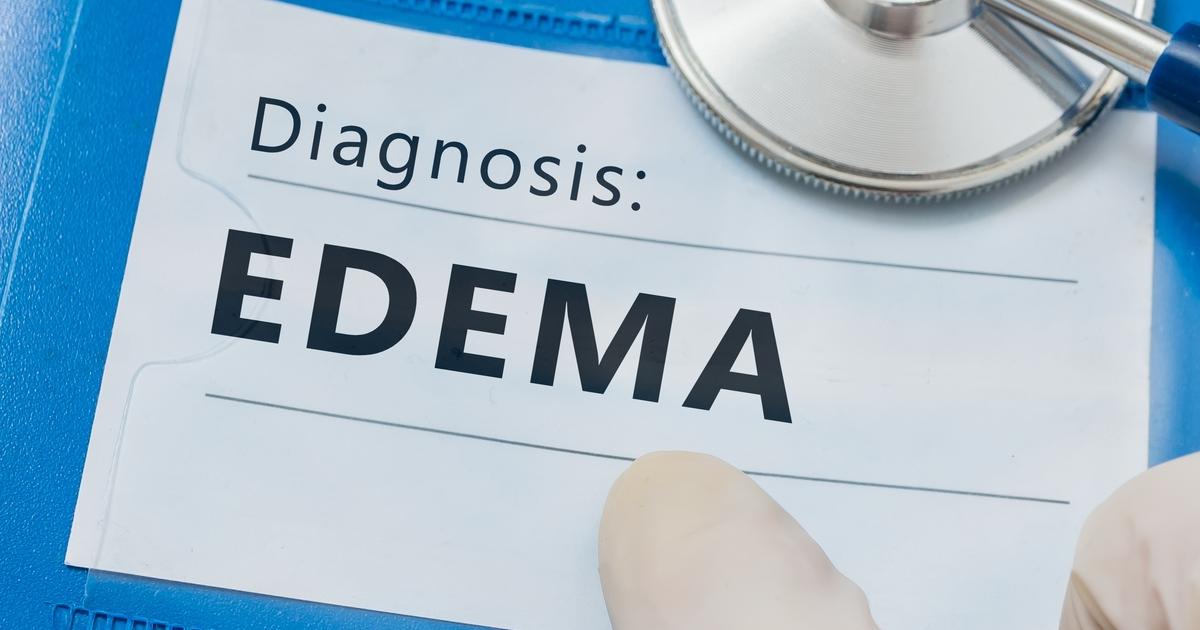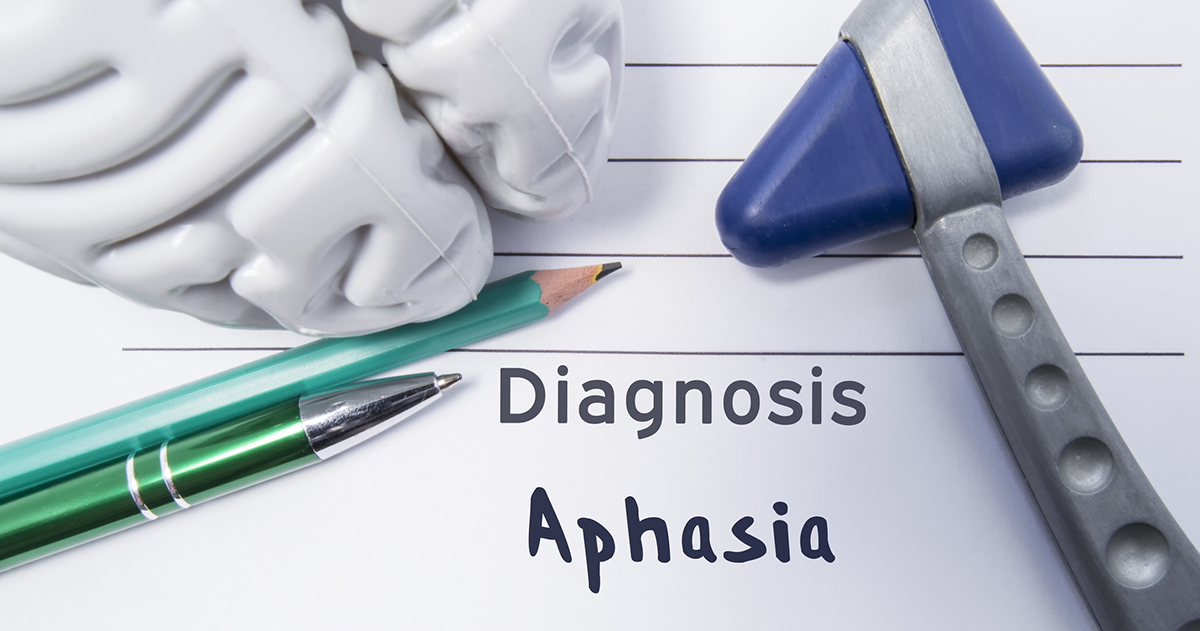Serious Complications Linked To An Embolic Stroke
Embolic stroke is a serious medical emergency that occurs when a blood clot develops in the body, breaks loose, and makes its way to the brain via the bloodstream. A stroke occurs when an artery that supplies blood to the brain becomes obstructed by the mobilized blood clot. The embolic stroke-causing blood clots can develop in any region of the body but usually derive from the arteries in the neck, upper chest, and heart. An embolic stroke presents suddenly with trouble walking, temporary paralysis, difficulty speaking, inability to understand words, face numbness, limb numbness, coordination problems, weakness, stiff muscles, unilateral paralysis, confusion, altered consciousness, visual agnosia, and slurred speech.
A CT scan, MRI, carotid ultrasound, echocardiogram, cerebral angiogram, and blood tests are used to diagnose an embolic stroke. Medications to break apart the clot or mechanical clot removal are used as treatment.
Pneumonia

Pneumonia is a serious infection of the air sacs in an individual's lungs. The alveoli or air sacs in the lungs fill up with pus and or phlegm, making it difficult to breathe normally. Pneumonia has many causes, but the most significant cause of pneumonia in individuals who have had an embolic stroke is aspiration. Pulmonary aspiration describes when an individual unintentionally inhales fluid particles, saliva particles, food particles, vomit particles, or other particles into their airways and lungs. Aspiration happens when an individual has a malfunctioning swallowing reflex or an inability to control the movement of their tongue.
These particles aspirated into an affected individual's lungs cause irritation and provide a favorable breeding ground for bacteria. Pneumonia forms when bacteria colonize and inflammation occur in an individual's lungs. An individual who experiences a stroke may incur damage to the part of the brain that controls the swallowing reflex, the component responsible for proper tongue movement. Therefore, patients who have had a stroke are at an increased risk of developing pneumonia, especially when they have dysphagia.
Cerebral Edema

Cerebral edema is a condition where the tissues of an individual's brain become swollen due to fluid trapped inside of them. A stroke causes cellular damage and destruction to the affected brain tissues. An individual's immune system is programmed to respond to any cellular damage in the body rapidly. When the immune system responds to damage in the brain from an embolic stroke, the tissues begin to swell due to the influx of immune system components and their actions.
When the brain tissues swell, they put pressure on the blood vessels that supply the brain tissue with blood and on the lymphatic vessels responsible for removing fluid from the tissues and returning it to the bloodstream. This vessel compression does not allow the proper movement of excess fluid out of the affected individual's brain, causing cerebral edema, the accumulation of fluid in the brain tissues. As a result of this dysfunctional process, the brain tissues swell further inside of the patient's skull. Cerebral edema causes brain damage and may result in death.
Seizures

Over one-fifth of all patients who survive a stroke will experience one or more seizures. A seizure is a medical event where there is irregular and abnormal electrical activity in a patient's brain that causes specific symptoms. Some individuals describe what is going on in the brain during a seizure to be similar to an electrical storm with disorganized electrical activity. Common behaviors that occur in individuals who experience a post-stroke seizure are body convulsions and spasms.
Post-stroke seizures usually happen sometime within the first few weeks following a stroke. Patients who have had an embolic stroke are at an increased risk of having seizures because regular electrical activity in the brain is unable to occur in the presence of scar tissue. The tissue injury that occurs in an individual's brain when they have an embolic stroke can cause the body to form scar tissue in the affected part of the brain. Scar tissue can interrupt the healthy electrical activity in the individual's brain, and this can trigger a seizure.
Depression

After an individual has experienced an embolic stroke, they may develop certain conditions, like depression, they did not have before. Around twenty-five percent of all individuals who have a stroke will develop depression following their health crisis. Depression is a condition characterized by hopelessness, sadness, irritability, difficulty concentrating, appetite changes, apathy, sleep pattern changes, and sometimes suicidal thoughts. Biochemical alterations take place in the brain of an individual who has an embolic stroke.
Following an embolic stroke, the patient may not be able to feel positive emotions appropriately. Damage and changes in the brain can cause the development of depression, as can the impact of the loss of certain abilities because of a stroke. Depression following an embolic stroke can be very problematic, especially if they have a long road to recovery ahead of them. The rehabilitation of an individual's physical abilities that may have been impaired or lost from the stroke can become extremely challenging if depression is not managed successfully.
Aphasia

An individual affected by an embolic stroke may experience aphasia due to the toll the stroke has taken on their brain tissues. Aphasia is a disorder caused by damage to the brain center where an individual forms their language. Someone with aphasia may speak with sentences that don't make sense, incomplete sentences, substitute one word or sound for another, be unable to understand the conversation of others, speak unrecognizable words, and write sentences that do not make sense.
Aphasia can have effects on an individual's ability to communicate in both the verbal and written sense. An embolic stroke that causes damage to the patient's frontal brain lobe, temporal brain lobe, or most of the left brain hemisphere can cause aphasia. The two main areas responsible for the functions involved with an individual's speech are called the Wernicke's and Broca's area. The exact type of speech problem an affected individual will have depends on the location of the stroke precipitated damage in their brain.
